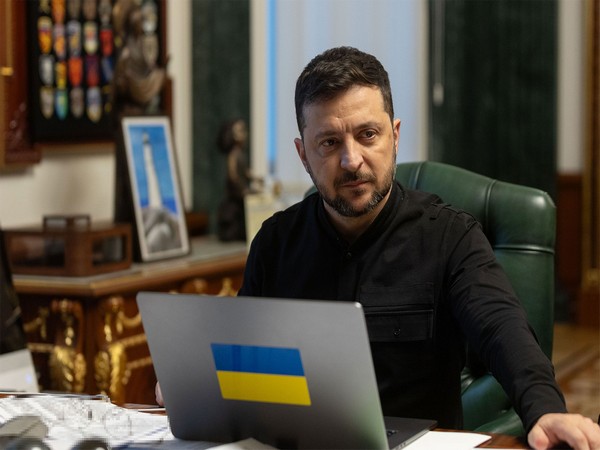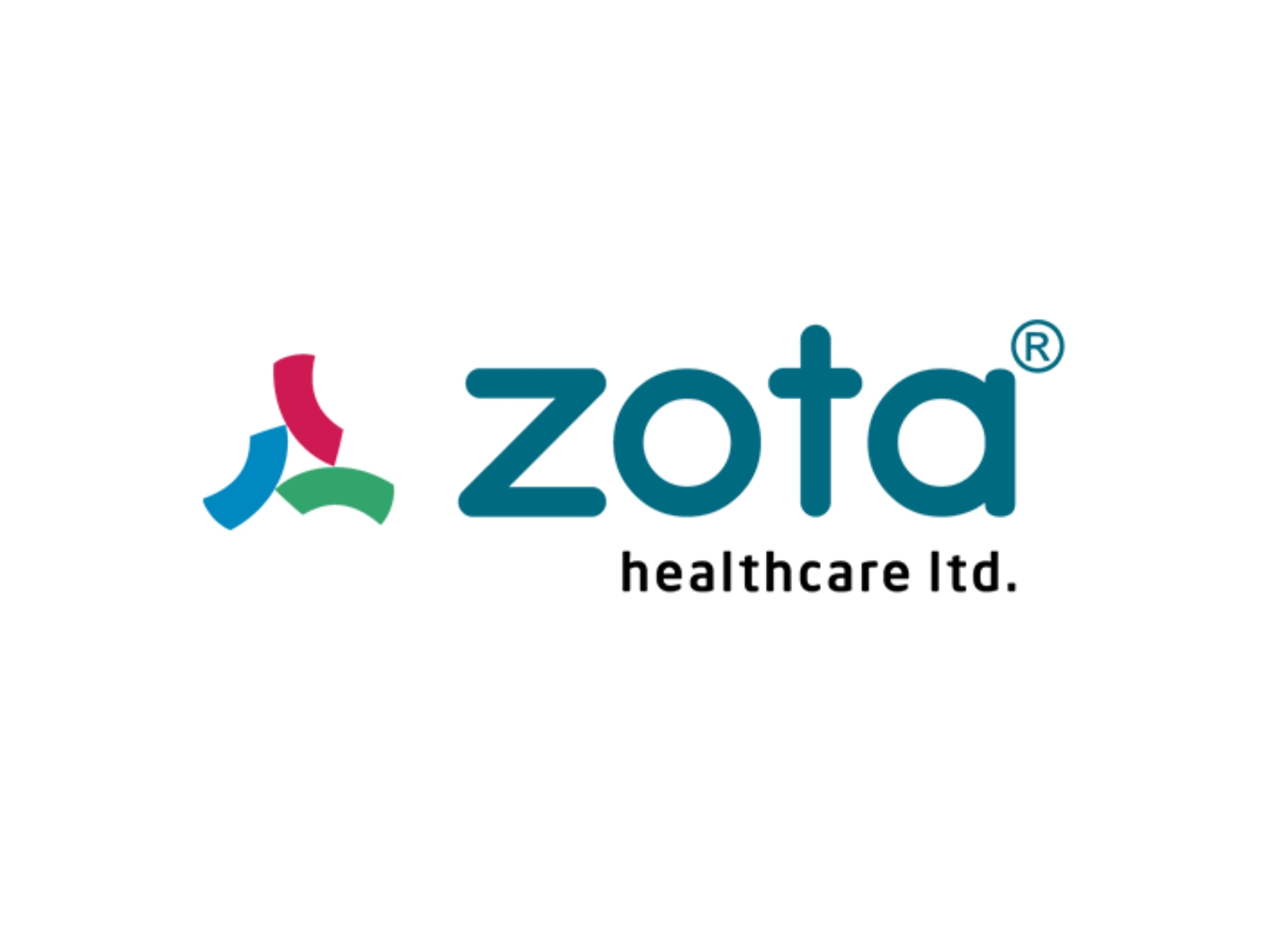Time to act on Russian assets is now: Zelensky
Oct 24, 2025
Brussels [Belgium], October 24: Ukrainian President Volodymyr Zelensky urged European Union leaders to take a swift decision on lending Kiev Russian state assets frozen in the EU as the plan faced resistance from key player Belgium.
"The time to act on Russian assets is now," Zelenksy said, addressing EU leaders at a summit in Brussels.
"I urge for your full support," he stated.
"Anyone who delays this decision is not only limiting our defence, but also slowing down your own progress." EU leaders are discussing whether to task the European Commission with drafting a proposal to provide frozen Russian central bank assets to Ukraine as a reparations loan of up to 140 billion euros ($162 billion) to cover Kiev's financial and military needs in the years 2026 and 2027.
Belgian Prime Minister Bart De Wever has threatened to block the measure from going ahead, demanding several guarantees from fellow EU leaders.
Belgium is a key player in this issue because the Belgian financial institution Euroclear currently manages a large portion of the Russian assets frozen in the EU.
"I want the full mutualization of the risk because there is a big risk," De Wever said, as he arrived at the meeting.
"We want guarantees if the money has to be paid back that every member state will chip in," he said.
The Belgian politician also called for transparency and joint action from all other countries that have frozen assets. He also warned against the seizure of assets of European companies in Russia.
The EU has been one of Ukraine's biggest supporters since Russia's full-scale invasion of Ukraine with financial and military assistance totalling close to 180 billion euros.
The bloc has been under increasing pressure to provide additional aid to Kiev after US support has dwindled under President Donald Trump.
Many EU countries, however, are faced with bleak domestic economic outlooks, rising deficits and heavy debt burdens, prompting the move to potentially tap into Russia's immobilized state assets.
According to initial plans, Russia would only get the money back if it pays reparations after the end of the war against Ukraine. In case the frozen Russian funds have to be unexpectedly released, EU countries would provide guarantees.
So far only the interest on the frozen money is being used to support Ukraine in its defence against Russia.
German Chancellor Friedrich Merz, one of the proponents of the initiative, voiced optimism that De Wever will get on board.
"I share his concerns, but he is interested in finding a joint solution, and I therefore expect us to make progress today." German businesses however have criticized the plans amid fears that such a move would endanger European money frozen by Moscow, saying that such a step would have costly consequences, especially for Germany.
"Germany has invested in Russia like no other country. Therefore, it has the most to lose in the planned utilization of Russian central bank funds for arms purchases in favour of Ukraine," Matthias Schepp, chairman of the German-Russian Chamber of Foreign Trade (AHK) told DPA on Thursday.
Schepp said that assets totalling over 100 billion euros ($116 billion) are at risk.
The figure refers to the value of German factories and retail chains.
However, companies in the energy, pharmaceutical and household appliance sectors, which Moscow has placed under foreign administration, or money Russia has frozen in accounts, are also affected.
Russia has taken control of the Russian subsidiaries of German energy companies Uniper and Wintershall, for example. Moscow presented this as a reaction to the trusteeship of refineries in Germany owned by Russian energy company Rosneft.
Source: Qatar Tribune








